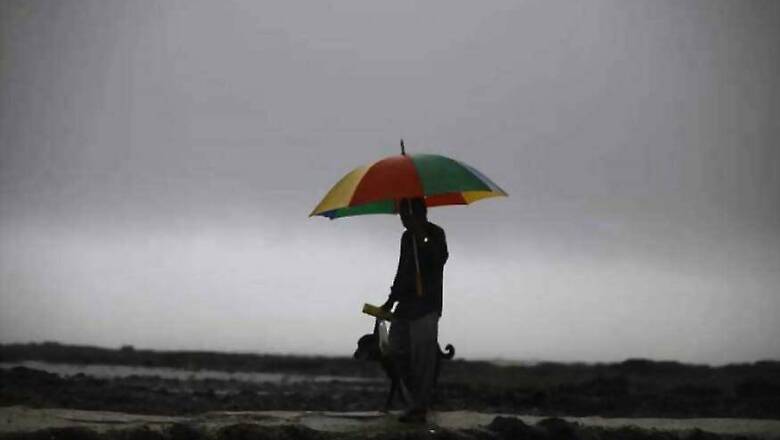
views
Monsoon is the season of eating pakoras with hot cups of tea, enjoying the rain and greenery. But monsoon is also the season of diseases in India. The humidity and temperature levels are quite high across most states, and as much as you might love it when it pours, waterlogging due to heavy rains leads to a number of illnesses among the Indian population. Following are some of the major diseases you should take precautions against during monsoons:1. Malaria
According to the World Health Organization (WHO), World Malaria Report, India and countries in sub-Saharan Africa account for 85% of the world’s malaria burden. Caused by the bite of the female Anopheles mosquito carrying Plasmodium parasites, malaria is a disease that has fever, chills and headache as its key symptoms. It’s best to avoid waterlogging around your living spaces and spraying of insecticides to avoid the breeding of mosquitoes.2. Dengue
The Aedes Aegypti mosquito carries the dengue virus, and symptoms usually show up a few days after the mosquito bite. A study in The Lancet reveals that India contributed 34% to the 96 million dengue infections in 2010 alone - and that’s a huge disease burden to carry. Like in the case of malaria, you should avoid waterlogging, mosquito breeding and bites where you live and work to prevent dengue.3. Food poisoning
Caused by Salmonella and E.coli bacteria, food poisoning can occur during monsoon season due to food and water contamination. It’s best to avoid eating out - especially where street food is concerned - and have healthy and simply-cooked meals at home to avoid food poisoning and its many debilitating effects.4. Seasonal diarrhoea
Contamination of drinking water and food occurs at an alarming rate in monsoon season and this causes cases of seasonal diarrhoea to spike up. This disease causes extreme weakness and dehydration among other issues, and can even be fatal for infants and children. The National Health Portal reveals that it’s a highly preventable disease if you take precautions against it, like ensuring safe drinking water, cooking fresh food on high heat, etc.5. Typhoid
Typhoid is another disease caused by food and water contamination by the Salmonella typhi and Salmonella paratyphi bacteria and places a significant disease burden on children. Just like diarrhoea, typhoid can be prevented if ample precautions are taken against it especially where diet and drinking water is concerned.6. Respiratory diseases
Common cold, asthma attack, allergy and influenza cases tend to rise up during monsoon. The flu is a highly contagious disease which affects the nose and the upper respiratory tract and can lead to pneumonia in severe cases. You and your family should get the flu vaccine if you’re particularly at risk. Making sure you avoid all means of respiratory disease transmission, using a humidifier and air purifier at home, and boosting your immunity can also help you keep this set of diseases away.7. Skin diseases
Moisture and heat are in plenty during monsoon and this can cause a plethora of skin issues. A lot of people get rashes, while many get fungal infections. Keeping your skin clean, surroundings dry and sanitised, and getting plenty of vitamins, minerals and antioxidants from your diet can help you deal with skin diseases during monsoon. Remember to also use UV protective moisturizers.8. Vitamin D deficiency
Sunlight is not as available during the monsoon months, and this can lead to vitamin D deficiencies. A study in the Journal of Family Medicine and Family Care in 2018 underlines that Indians, in general, have a deficiency of this nutrient, and it’s exacerbated in monsoons. So eat plenty of vitamin-rich fruits and vegetables and if that’s not enough, talk to your doctor about getting supplements.For more information, read our article on Diseases of the monsoon.Health articles on News18 are written by myUpchar.com, India’s first and biggest resource for verified medical information. At myUpchar, researchers and journalists work with doctors to bring you information on all things health.












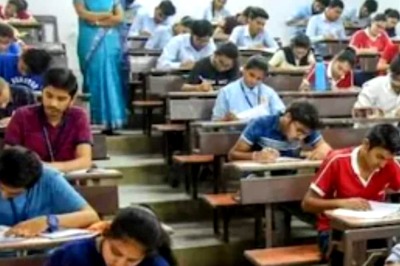


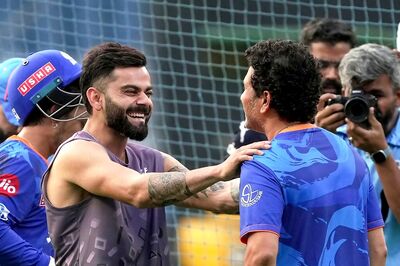
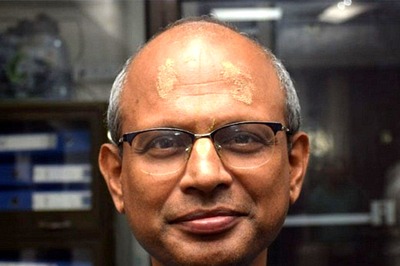


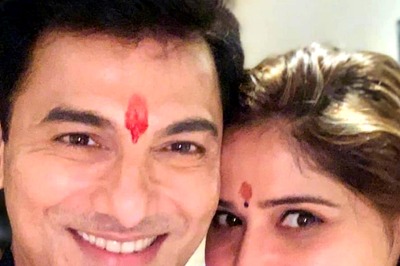
Comments
0 comment